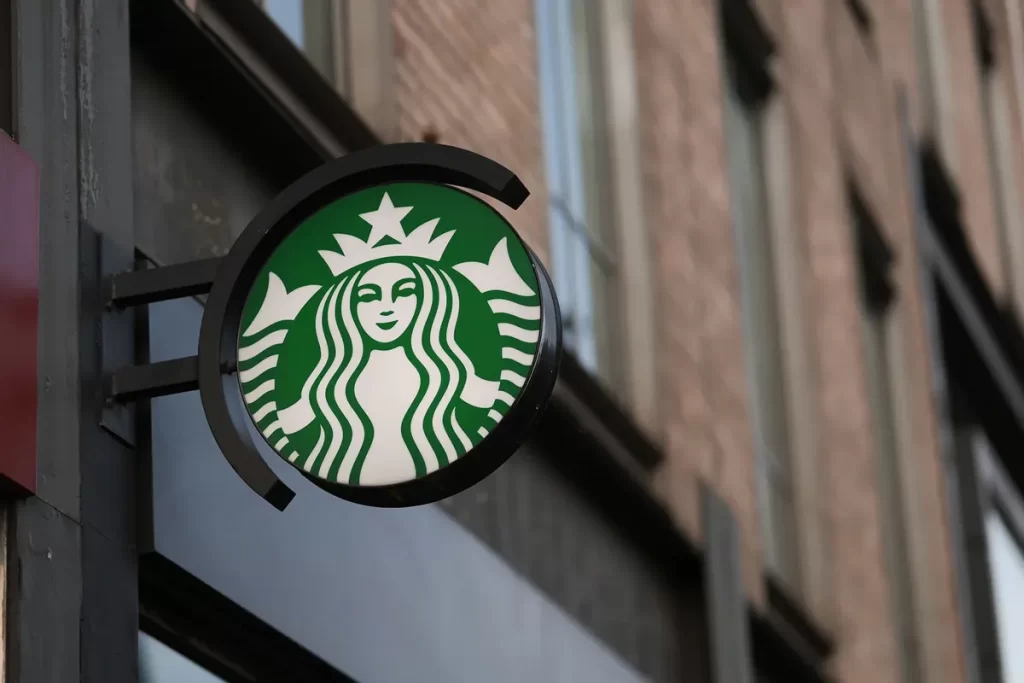Starbucks CEO Under Scrutiny for 1,000-Mile Commute and Environmental Impact
3 min read

Starbucks’ new CEO, Brian Niccol, is facing criticism over his commuting arrangements, which involve traveling nearly 1,000 miles from his home in Newport Beach, California, to the company’s headquarters in Seattle. Niccol’s commute, reportedly using a corporate jet, has sparked concerns about the alignment between Starbucks’ public commitment to sustainability and the practices of its top executives.
Niccol is set to officially begin his role on September 9. According to Starbucks, Niccol will maintain a primary office in Seattle and will spend significant time there, aside from traveling globally to visit partners and customers. While Niccol’s employment offer indicated he would not need to relocate permanently to Seattle, it did specify that he would commute between his residence and the company’s headquarters as part of his responsibilities.
The employment terms also allow Niccol to use Starbucks’ aircraft for business-related travel, including his commute from California to Seattle. In addition, Starbucks plans to establish a small remote office in Newport Beach for Niccol’s use while working from California. Despite this, the company’s hybrid work policy requires employees to be in the office at least three days a week.
A Starbucks spokesperson emphasized that Niccol’s commuting schedule would exceed the standard hybrid work expectations for other employees. The company also mentioned that Niccol is expected to purchase a home in Seattle and is not anticipated to travel back and forth daily.
Dan Coatsworth, an investment analyst at AJ Bell, criticized the use of a private jet for such a long commute, suggesting it sends a negative message about the company’s commitment to environmental issues. “Using a private jet for a 1,000-mile commute is not only environmentally damaging but also impractical for running a $105 billion business with around 400,000 employees,” Coatsworth said. He emphasized the importance of leadership being closely involved in the business, especially during a period of significant change for Starbucks.
The debate over remote work has intensified in recent years, with various industries grappling with the future of work arrangements post-pandemic. Some sectors, like banking, have insisted on a full return to office work, while others, particularly in tech, have embraced more flexible or remote options.
Andrew Speke, a spokesperson for the High Pay Centre, stressed the importance of consistency in leadership practices. “It’s crucial that employees see fairness and consistency between their own working conditions and those of their leaders,” Speke said.
 Public reaction on social media has been sharply critical. One user commented on Twitter (now X), “That’s nice… good convenience for top talent! But hope we don’t see too many new ‘sustainability’ and ‘environment’ related ads from @starbucks? Wink.” Another user highlighted the perceived hypocrisy, saying, “The new Starbucks CEO is ‘supercommuting’ 1,000 miles to Seattle on a private jet to work, so don’t be too harsh on that waitress who gave you a plastic straw when you didn’t want one.”
Public reaction on social media has been sharply critical. One user commented on Twitter (now X), “That’s nice… good convenience for top talent! But hope we don’t see too many new ‘sustainability’ and ‘environment’ related ads from @starbucks? Wink.” Another user highlighted the perceived hypocrisy, saying, “The new Starbucks CEO is ‘supercommuting’ 1,000 miles to Seattle on a private jet to work, so don’t be too harsh on that waitress who gave you a plastic straw when you didn’t want one.”
Concerns about executive pay have also surfaced. Former US Secretary of Labor Robert Reich questioned why CEO compensation is not more frequently discussed in relation to rising consumer prices. Niccol’s compensation package includes an annual base salary of $1.6 million, with potential performance-related bonuses up to $7.2 million and additional Starbucks shares valued at up to $23 million per year.
Starbucks defended Niccol’s commuting arrangements, stating that he is “one of the most effective leaders in our industry” and that his compensation is closely linked to the company’s performance and the success of all stakeholders.
Niccol, who previously led Chipotle Mexican Grill, helped the fast-food chain recover from food safety crises, doubling its sales and significantly increasing its stock value during his tenure. As Starbucks looks to revitalize its performance, Niccol’s leadership will be closely scrutinized, particularly in light of the recent criticisms regarding his commuting practices and environmental impact.